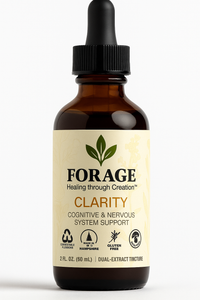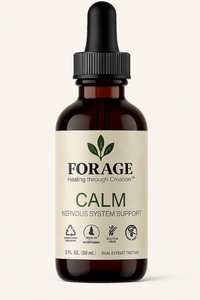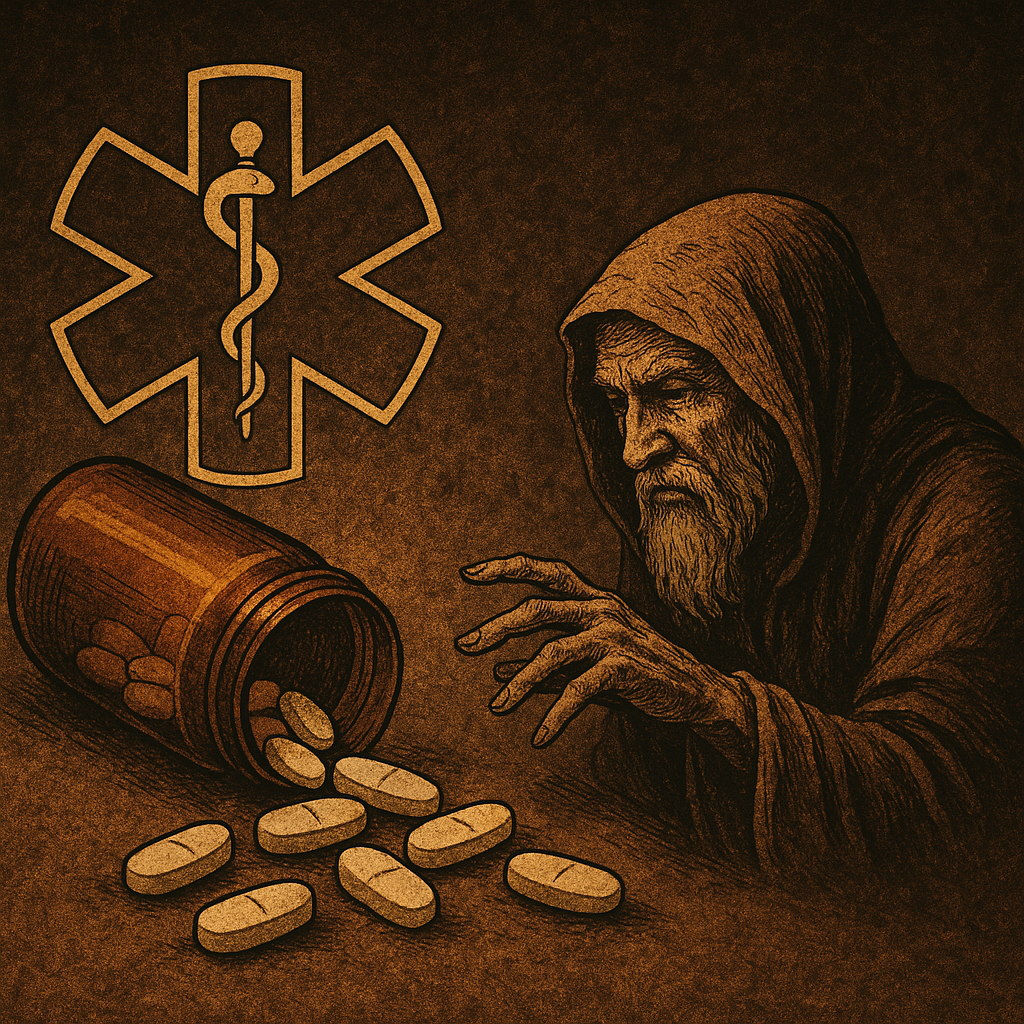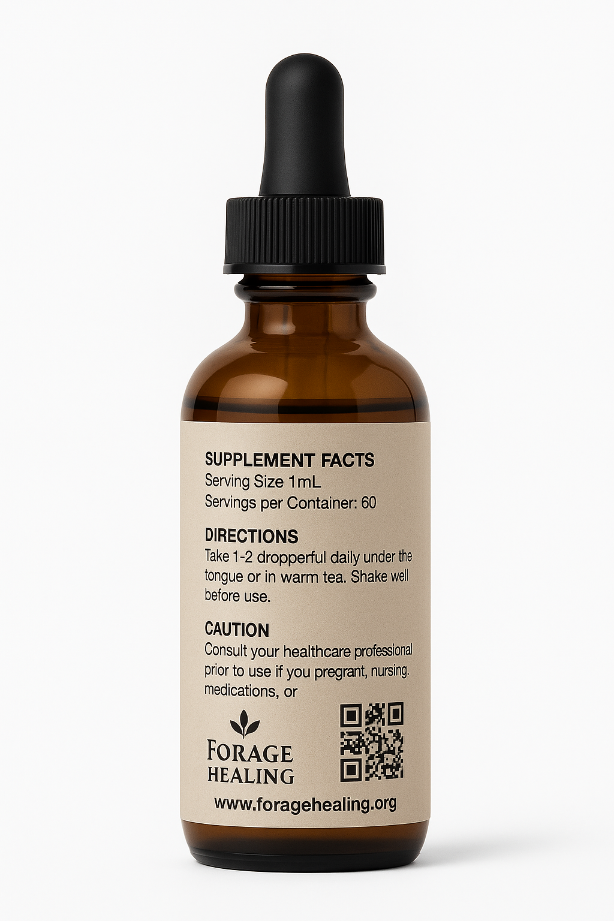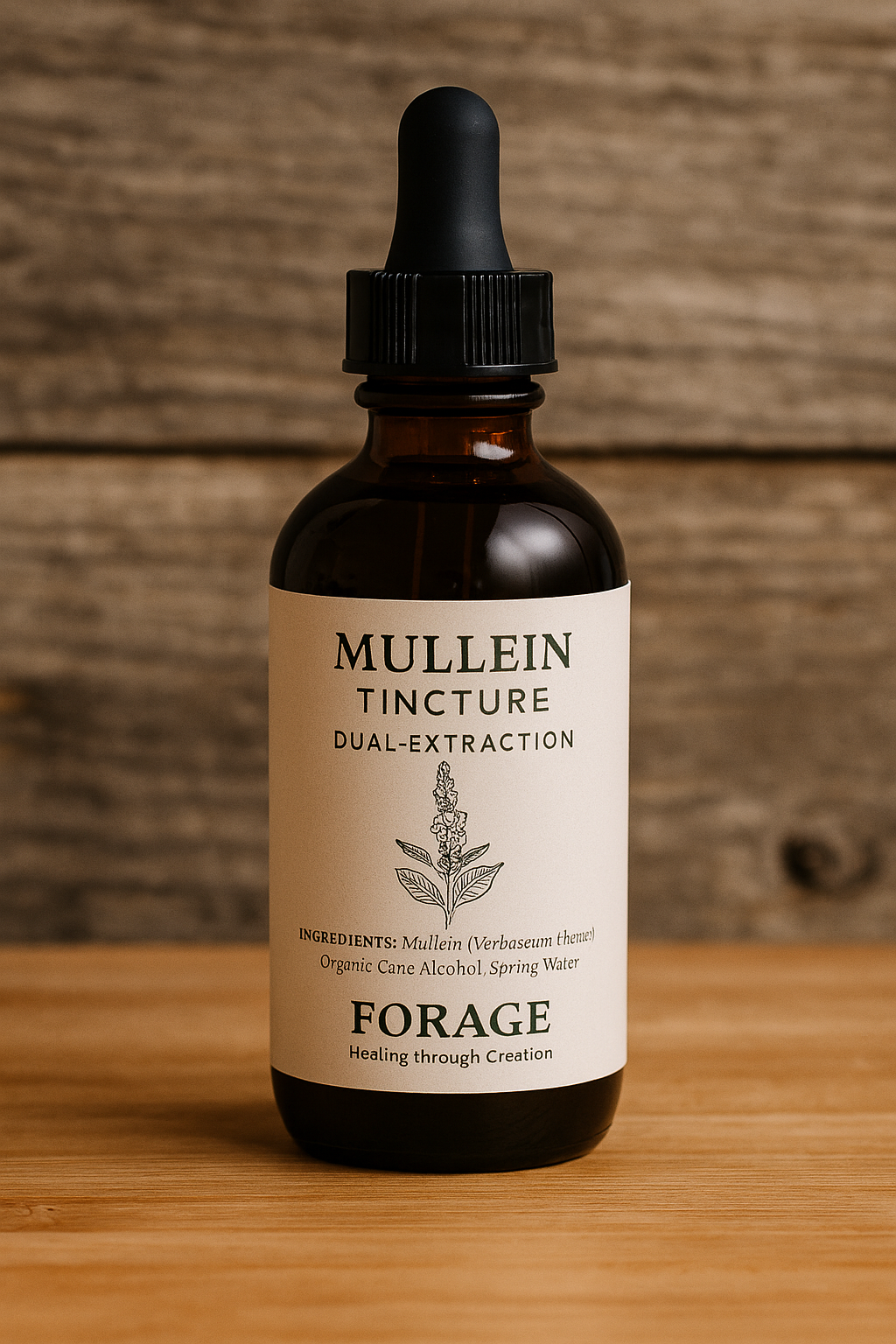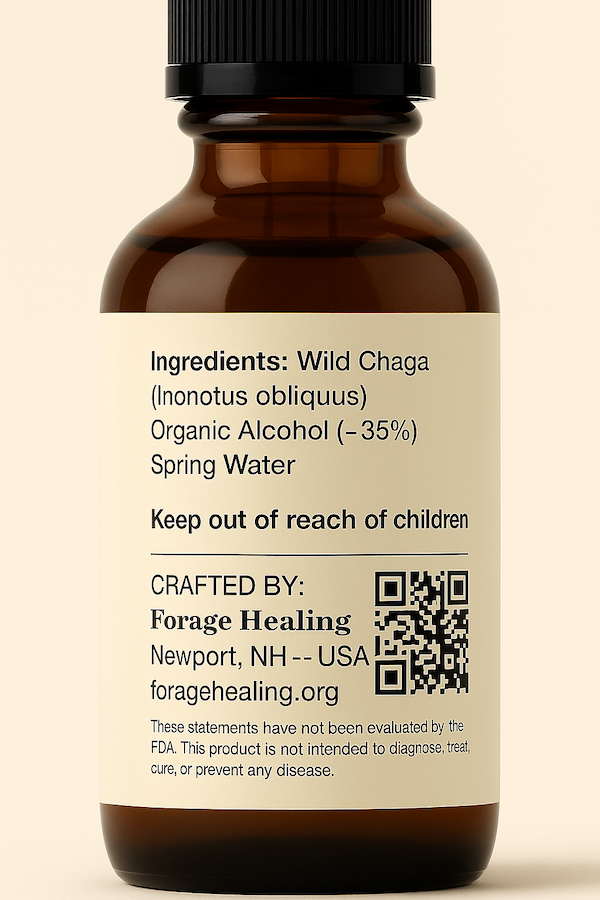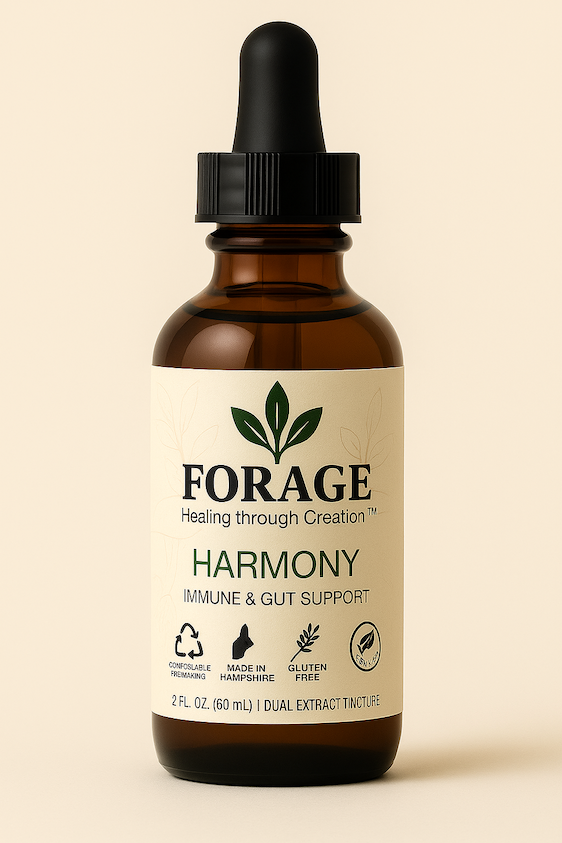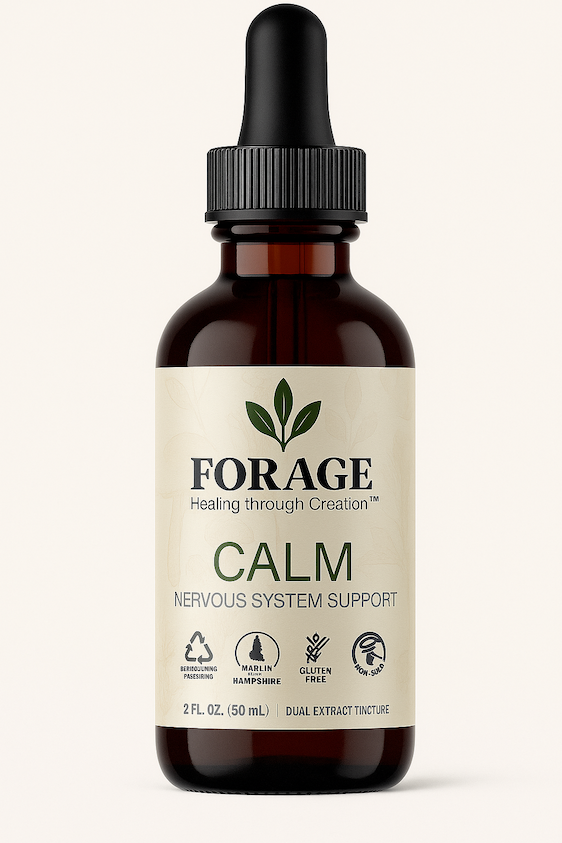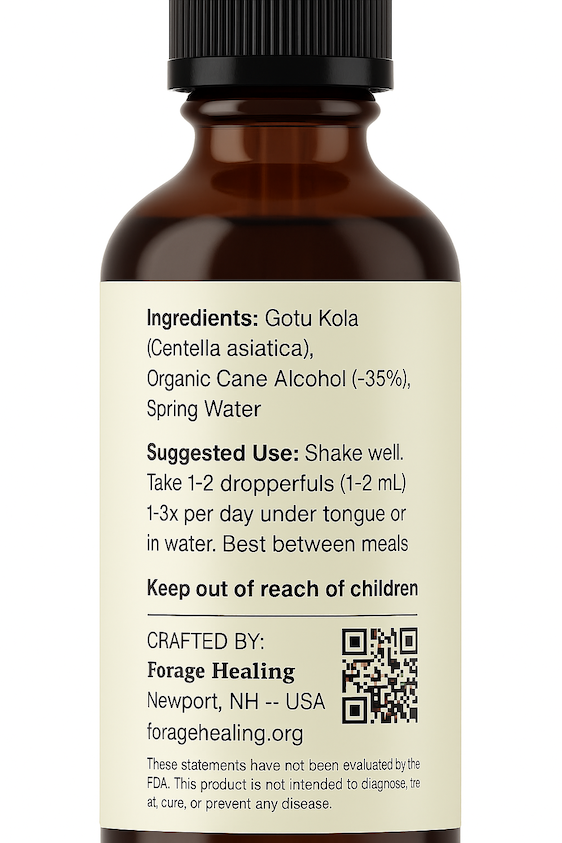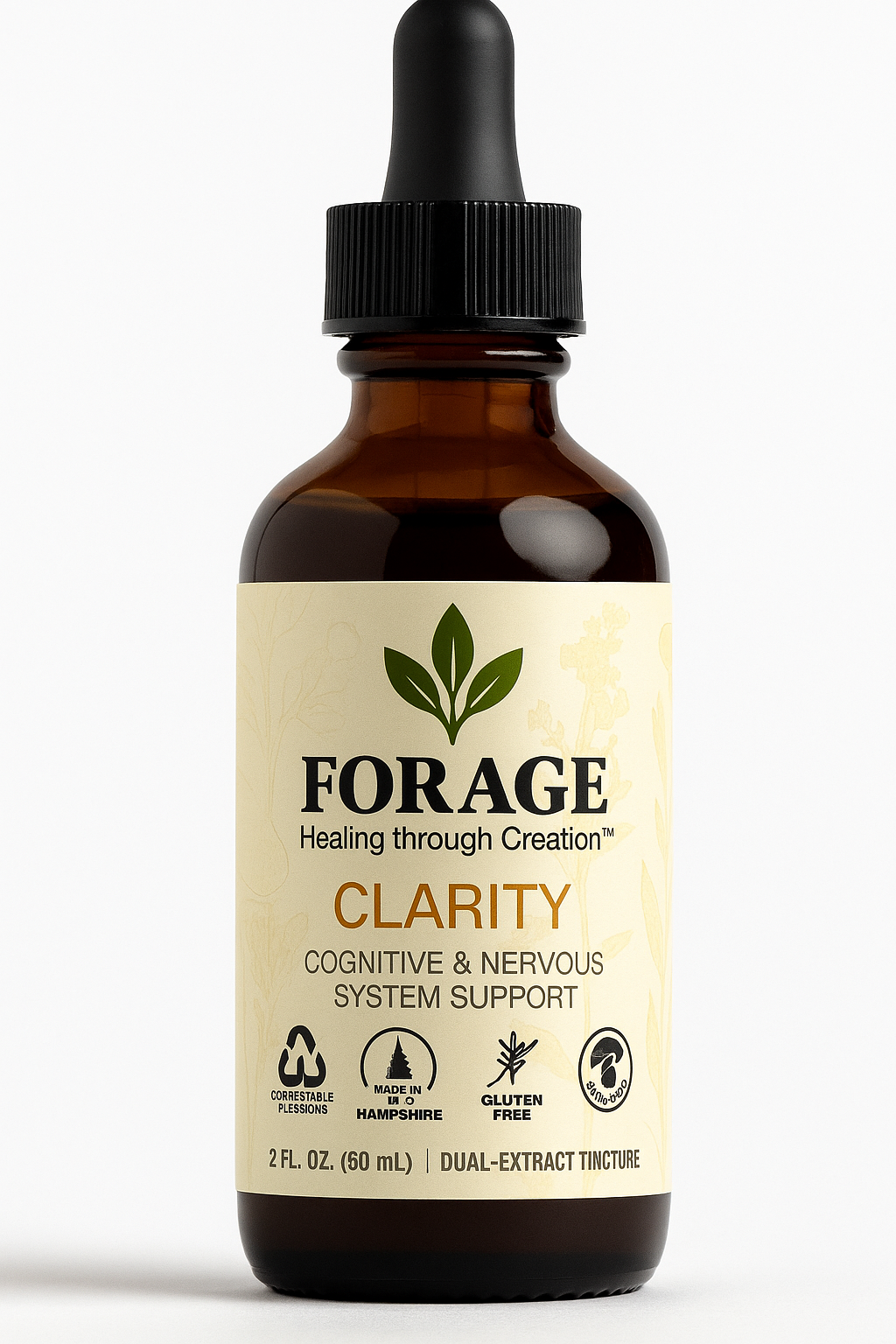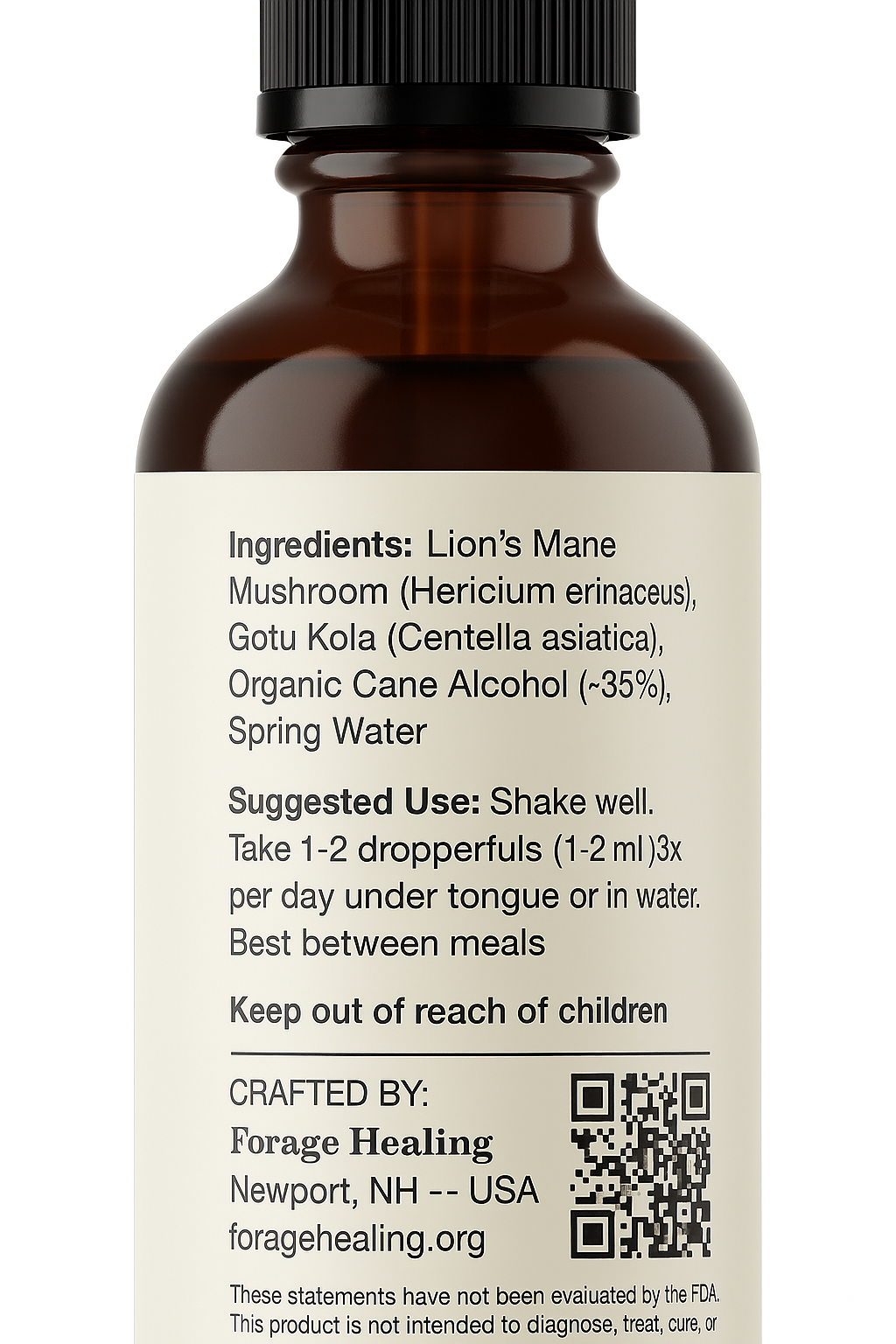Buy your weekday smoothies and get your weekend ones for free. (7 for the price of 5!)
For the last 6 months or so, I have been thoroughly obsessed with reading and studying the Bible, especially with contextual translations and history. One of the things that fascinates me is learning about teachings of the early churches, and how they navigated almost everything changing culturally for them. Not to mention the horrific persecution that continues to this day. One thing I have been diving into lately is some of Paul's teachings and letters.
Let’s start with Galatians:
“idolatry, sorcery, hostility, quarreling, jealousy, outbursts of anger, selfish ambition, dissension, division, envy, drunkenness, wild parties, and other sins like these. Let me tell you again, as I have before, that anyone living that sort of life will not inherit the Kingdom of God.”
- Galatians 5:20-21 NLT
Now, what’s up with “Sorcery” I have always wondered. Are we talking like Gandalf? I mean, I know he was a wizard, but you know what I mean.
In most modern translations (like the ESV or NASB), the word used is actually “witchcraft”, which then is translated as “sorcery.”
The Greek word behind this term is φαρμακεία (pharmakeía) — and that’s where it gets interesting.
Pharmakeía comes from the root pharmakon (φάρμακον), which means:
- a drug, potion, or spell,
- a substance used for poisoning, healing, or enchantment.
In classical Greek, the term could refer neutrally to “medicine”, and by the time of New Testament it also took on a strong negative and occult connotation, expanding to:
“the use of drugs, potions, or incantations for magical or idolatrous purposes.”
Today, our entire pharmaceutical vocabulary comes straight from pharmakeía — the same word Paul used. The massive irony in all this:
In biblical times:
Pharmakeía = “drug-based deception or sorcery.”
In modern times:
Pharmaceutical = “drug-based science or healthcare.”
It’s the same linguistic root, but the moral polarity has reversed in cultural perception.
What was once a warning of spiritual corruption is now a mark of progress and authority — which is why many believers should sense the prophetic irony.
Next, let’s look at some supporting Scriptures we can keep in mind as we unpack this:
- Revelation 9:21 — “…nor did they repent of their murders or their sorceries (pharmakeion) or their sexual immorality or their thefts.”
-
Revelation 18:23 — Babylon’s fall comes because “by your sorcery (pharmakeia) all nations were deceived.”
→ Here it’s tied to deception, control, and false spiritual power.
So the connection isn’t just linguistic — it’s prophetic. Both the word’s meaning and trajectory trace the same path:
from healing through creation, to control through chemistry.
Now, if this is starting seem a little disturbing, it should. Let’s go deeper down the rabbit hole. As we saw, pharmakeía literally means the use of potions, drugs, or enchantments — but always in the sense of trusting a created thing for power, control, or salvation instead of God.
It’s about idolatry through human manipulation — especially when tied to deception, false healing, or spiritual delusion. So, in this sense, my observation is this: When medicine stops being a tool of mercy and becomes an idol or a mechanism of control, it turns into the very thing Paul condemned — pharmakeía.
Let’s look at a few more Biblical parallels:
-
Revelation 18:23 connects the downfall of Babylon to her “sorceries (pharmakeía) by which all nations were deceived.”
→ This is not just “magic spells,” but a system of deception that manipulates and controls through substances and false promises of healing. -
Isaiah 47:9–13 condemns Babylon’s “enchantments and many sorceries”, which promised safety and prosperity apart from God.
→ The same spiritual pattern: trusting man’s craft over divine wisdom. -
2 Kings 1:2–4 — King Ahaziah sought healing from the false god Baal-Zebub instead of from God, and Elijah rebuked him saying:
“Is it because there is no God in Israel that you are going to inquire of Baal-Zebub?”
→ The sin wasn’t in wanting healing — it was in where he placed his trust.
In all of these scenarios Faith was placed in man’s creation vs. God’s, while, through lies and deceit, profit was attained through the suffering of others. Today, we call this system “healthcare”, powered by the traditional Babylon system, taken directly from the original Greek term, Pharmaceutical. The linguistic link between pharmakeía and “pharmaceutical” isn’t accidental — it’s etymological truth. But more importantly, the spiritual principle has carried forward: Using substances to manipulate life or the soul, rather than submitting both to God. This includes not only sorcery and occult drug use in Paul’s day, but also — in our time — medical idolatry that denies God’s sovereignty over life, death, gender, and healing.
That said, It’s crucial to distinguish between:
- True healing (which cooperates with God’s creation),
- and pharmakeía (which manipulates or profits from human suffering).
Paul’s warning would not condemn compassionate, God-honoring healing — like Luke the “beloved physician” (Colossians 4:14) — but would absolutely apply to:
- Addictive substances used for profit,
- Medical systems that enslave people to dependency,
- Practices that violate God’s created order (like mutilation of the body),
- And any ideology that replaces faith in God with faith in science or institutions.
These are the modern manifestations of pharmakeía — the worship of chemistry over the Creator.
Now, perhaps the thing that comes to mind here is, well Luke was a “physician” right? Well, sort of/not really. Luke—whom Paul calls “the beloved physician” (Col 4:14)—wouldn’t have been a “doctor” in any modern, industrial-medical sense. A Greek physician in the first century worked with what creation provided:
- herbs, roots, resins, vinegars, oils, wines, and honey;
- bandaging, massage, diet, and rest;
- observation of the body’s natural rhythms rather than chemical intervention.
Those practices overlap strongly with what we’d call naturopathy or traditional herbal medicine today. In fact, the Greek word iatros (“physician”) simply means healer and was used for anyone skilled in restoring health—whether by prayer, plants, or practical care.
What separated a healer like Luke from the pharmakeus (sorcerer) Paul condemns in Gal 5:20 was orientation of the heart:
- The iatros worked within the created order, acknowledging God as the true healer.
- The pharmakeus used mixtures or charms to manipulate unseen powers for personal or magical control.
Scripture itself supports that distinction:
Sirach 38:1–8 (in the Septuagint tradition) says, “Honor the physician, for the Lord created him… the Lord created medicines from the earth, and a sensible man will not despise them.” Yet Paul warns in Galatians 5:20 against pharmakeía, because it seeks power apart from God.
So the early Christian view wasn’t technically that “medicine is evil,” but rather: Healing that cooperates with God’s design—through plants, nourishment, and prayer—is good. Healing that replaces or defies God becomes pharmakeía.
Further Historical Reference
Early Church Pastors actually wrote quite about about this: that Paul’s warning extended far beyond ancient spell-casting and into any practice that deceives the soul, distorts the body, or replaces trust in God with trust in man-made mixtures or powers.
Here are some key examples.
1. Tertullian (c. 155–240 AD)
In On Idolatry (ch. 9), Tertullian condemned the use of pharmakeía—which he calls “the devil’s arts”—for “healing,” saying that such people:
“attribute to matter what belongs to God alone, and make of their poisons a sacrament.”
He saw this as idolatry masked as healing—people putting faith in concoctions or rituals that claimed to give life or revelation apart from the Creator.
He grouped it with astrology and image-worship: all attempts to seize spiritual control without submission to the Holy Spirit.
2. Hippolytus of Rome (c. 170–235 AD)
In his Refutation of All Heresies, Hippolytus links pharmakeía with secret cults that used herbal drugs and potions to induce trances and visions.
He explains that these practices led people to “see false lights” and to “believe the lie of the serpent”—a direct echo of Genesis 3.
In other words, he understood pharmakeía as drug-based deception, both physically and spiritually—counterfeit illumination, promising knowledge but leading to bondage.
3. The Didache (late 1st – early 2nd century)
This earliest Christian manual of discipleship forbids “pharmakeía” alongside murder and idolatry (Didache 2:2):
“You shall not practice magic, you shall not engage in pharmakeía, you shall not murder a child by abortion or kill what is born.”
Notice the link: pharmakeía is placed next to abortion and idolatry—sins that destroy life and pervert creation.
Early Christians saw all three as springing from the same root: trying to control life instead of receiving it from God.
4. Clement of Alexandria (c. 150–215 AD)
Clement writes in The Instructor (Book 2, ch. 8) that Christians should avoid “drugs that numb the mind” or any art that “clouds the image of God within man.”
He considered clear-mindedness and temperance essential to spiritual life—echoing Paul’s call to be “sober-minded” (nēphōn) in 1 Peter 5:8.
So when you observe today’s medical and pharmaceutical system promoting addiction, profit, and identity confusion as “care,” you are seeing precisely the pattern of Babylon that these early believers recognized and rejected.
They would have called it modern pharmakeía—healing turned into idolatry.
In conclusion, If this topic is intriguing, or perhaps offensive to you, I would highly recommend checking out some of these early church teachings and see what the Apostles were instructing. The Didachē isn’t a long text, so scholars have been able to compare every surviving Greek line closely. The version I recommend is Michael W. Holmes, The Apostolic Fathers: Greek Texts and English Translations (3rd ed., Baker Academic, 2007). Holmes reproduces the critical Greek text of the Didachē established by J. B. Lightfoot and revised by later editors, with a line-by-line English translation opposite. It is accurate but readable; every textual variant is footnoted.


